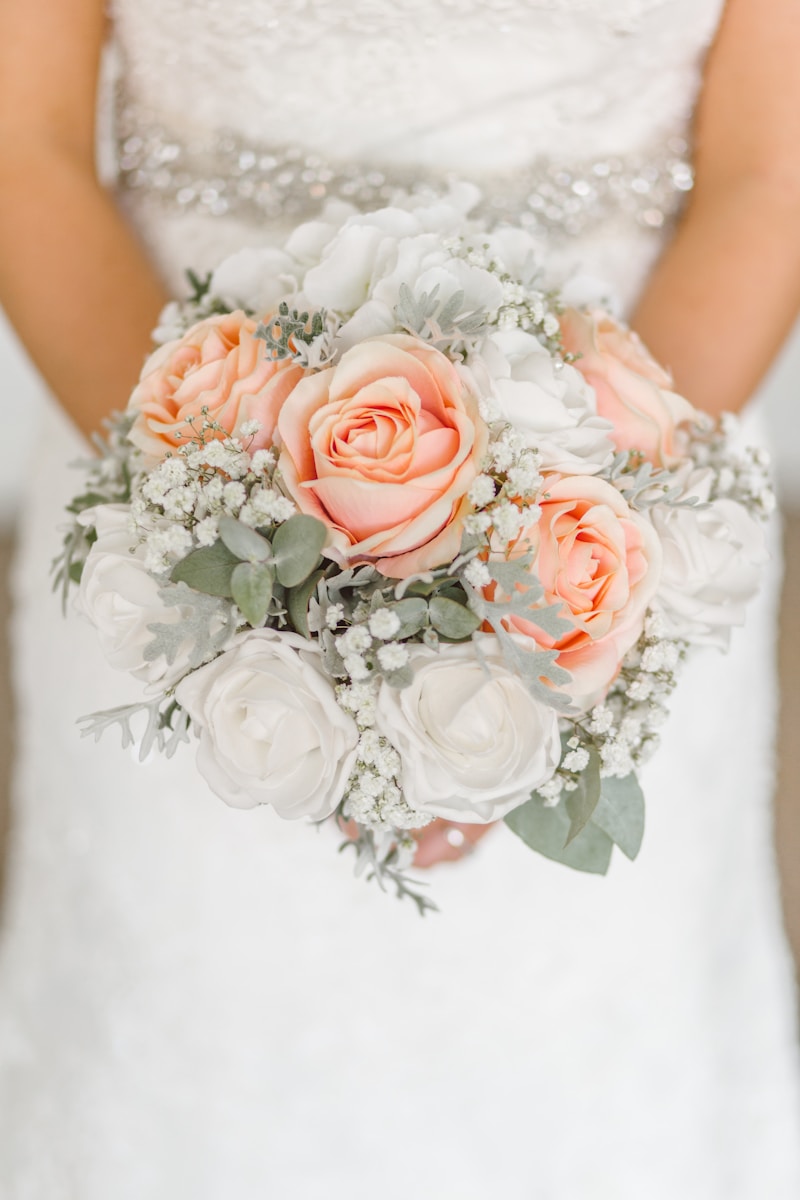What to Discuss Before Setting a Wedding Date: A Comprehensive Guide
What to Discuss Before Setting a Wedding Date: A Comprehensive Guide
Understanding the Importance of Discussing Before Setting a Wedding Date
Choosing a wedding date is one of the most critical steps in the wedding planning process. It is not just about picking a day on the calendar; it's a decision that involves various aspects of your life, relationship, and the upcoming celebration. Couples must have open discussions around their preferences, availability, and factors that might influence their choice of date. This article will guide you through the essential topics to discuss before setting a wedding date.
The Initial Considerations
Before jumping into the specifics, consider these initial aspects:
| Factor | Importance |
| Availability of Key Guests | High |
| Season and Weather | Medium |
| Budget Considerations | High |
| Personal Milestones | Medium |
| Venue Schedule | High |
Each factor plays a crucial role in selecting the perfect date that satisfies both partners and any important guests.
1. Availability of Key Guests
One of the foremost considerations is ensuring the availability of key guests. This typically includes both families, close friends, and any other individuals who are paramount to the couple's lives. Discussing availability with these guests can help avoid setting a date that excludes important attendees.
How to Approach This Discussion?
Organize a casual get-together or initiate a phone call with close friends and family. Ask if there are particular dates they would be unavailable, especially for those who might need to travel to attend the wedding.

2. Season and Weather
The season can greatly impact the mood of a wedding. Whether you envision a beautiful spring ceremony with blooming flowers or a cozy autumn celebration, it's essential to discuss what season resonates with both of you.
Consider Local Weather Patterns
If you live in an area with unpredictable weather, do some research on the likely conditions during various months. This could influence your choice significantly. For example, summer may bring more guests but also higher temperatures, while winter can provide a magical atmosphere with festive décor.
3. Budget Considerations
Budget is undoubtedly a major discussion point. Different times of the year can affect the availability of venues and the overall cost of services, including hiring vendors and purchasing flowers.
Establishing a Budget
Before settling on a date, sit down together and make a preliminary budget that outlines how much you can afford to spend. This conversation will steer your wedding planning in the right direction.
| Item | Estimated Cost |
| Venue | $5,000 - $20,000 |
| Catering | $3,000 - $15,000 |
| Flower Arrangements | $500 - $5,000 |
| Photography and Videography | $2,000 - $6,000 |
| Attire | $1,000 - $5,000 |
4. Personal Milestones
Life events play a critical role in wedding planning. Discuss any significant dates that hold sentimental value, such as anniversaries or family birthdays. Would you want to plan your wedding around these personal milestones?
Communicating Your Preferences
Share any dates that hold special meaning for you with your partner. It might be an ideal way to combine meaningful memories with your wedding celebration.
5. Venue Schedule
Your chosen venue can either limit your options or open up a multitude of possibilities. Popular wedding venues often book up years in advance, especially during peak wedding seasons.
Planning Visits to Potential Venues
Before finalizing your wedding date, visit several venues to get an idea of their availability. This may also lead to some compromises in your original date idea.
6. Cultural or Religious Considerations
For many couples, cultural or religious practices can significantly influence the wedding date. Certain days are more auspicious or hold greater traditional significance than others.
Understanding Each Other's Beliefs
Discuss if either of you has specific cultural or religious dates that should be honored. Understanding these perspectives is vital in making a considerate and respectful choice of wedding day.
7. Long-Term Plans
Consider what comes after the wedding. Discuss your plans for future endeavors, such as travel, work commitments, or even starting a family.
Setting a Timeline
How soon after the wedding do you expect to take on other commitments? Your timeline can dictate how much planning you can realistically accomplish before the big day.
Conclusion: Wrapping it Up
Choosing the right wedding date is a decision that requires thorough discussion between partners. By considering guest availability, seasonal preferences, budget, personal milestones, venue schedules, cultural beliefs, and long-term plans, couples can ensure their day is not only memorable but also harmonious. Before finalizing your wedding date, take the time to have these conversations openly. Make notes, and share your concerns and desires with each other, as this planning phase is a reflection of your compatibility and love. As you traverse this exciting path to matrimony, keep in mind that flexibility and understanding are the keys to a successful planning experience.
In summary, prioritize these discussions so that when it comes time to set a date, you feel confident and connected with each other’s preferences. If you have to adjust plans, remember that what truly matters is the love you share.
